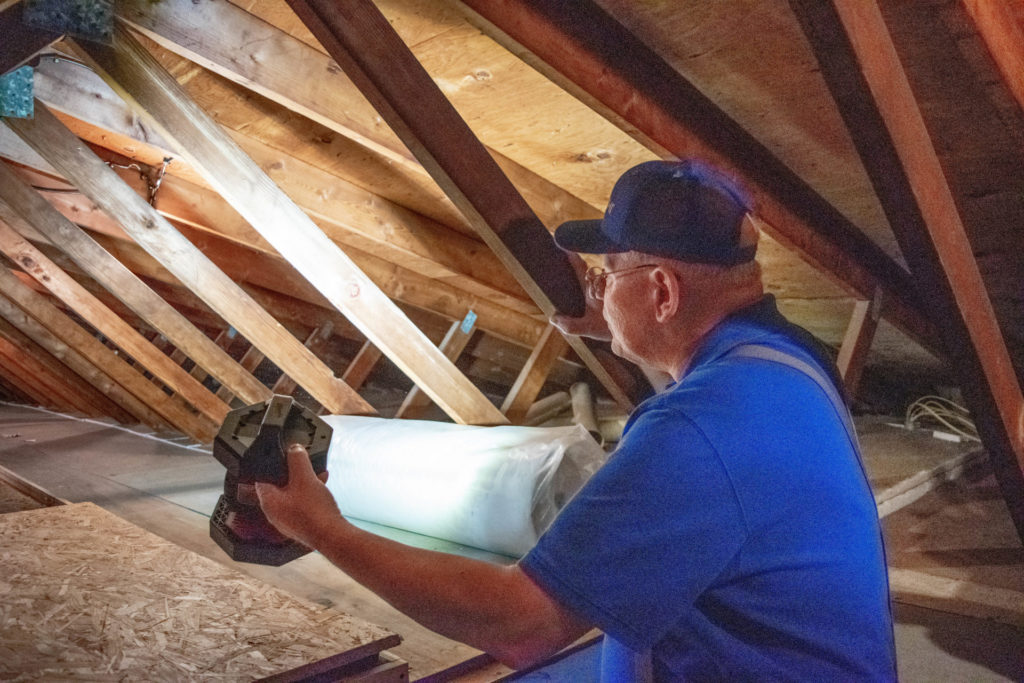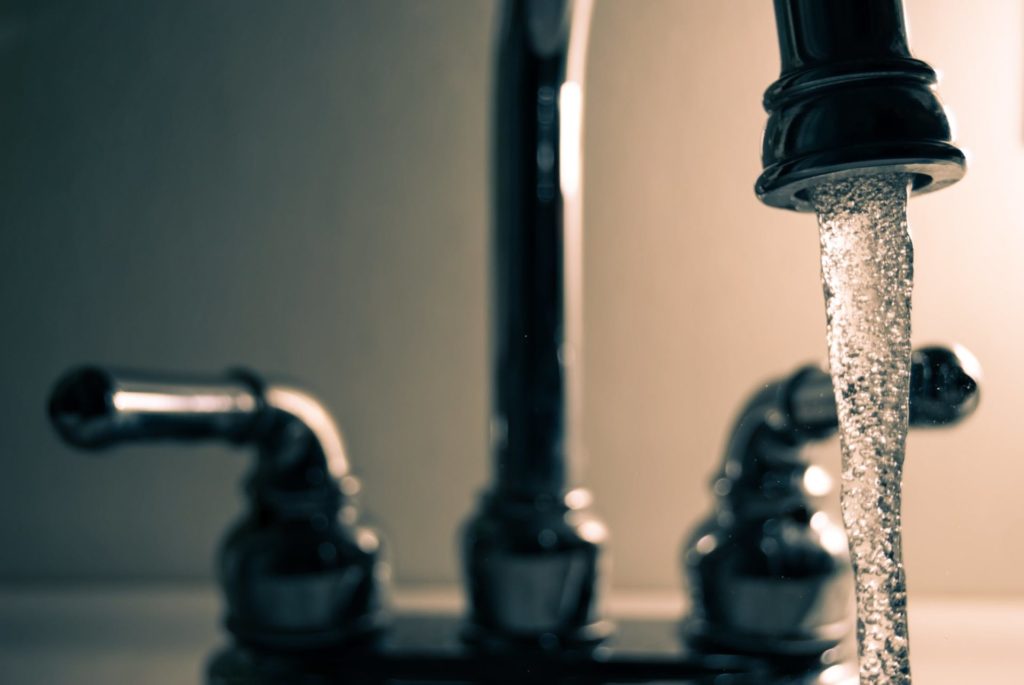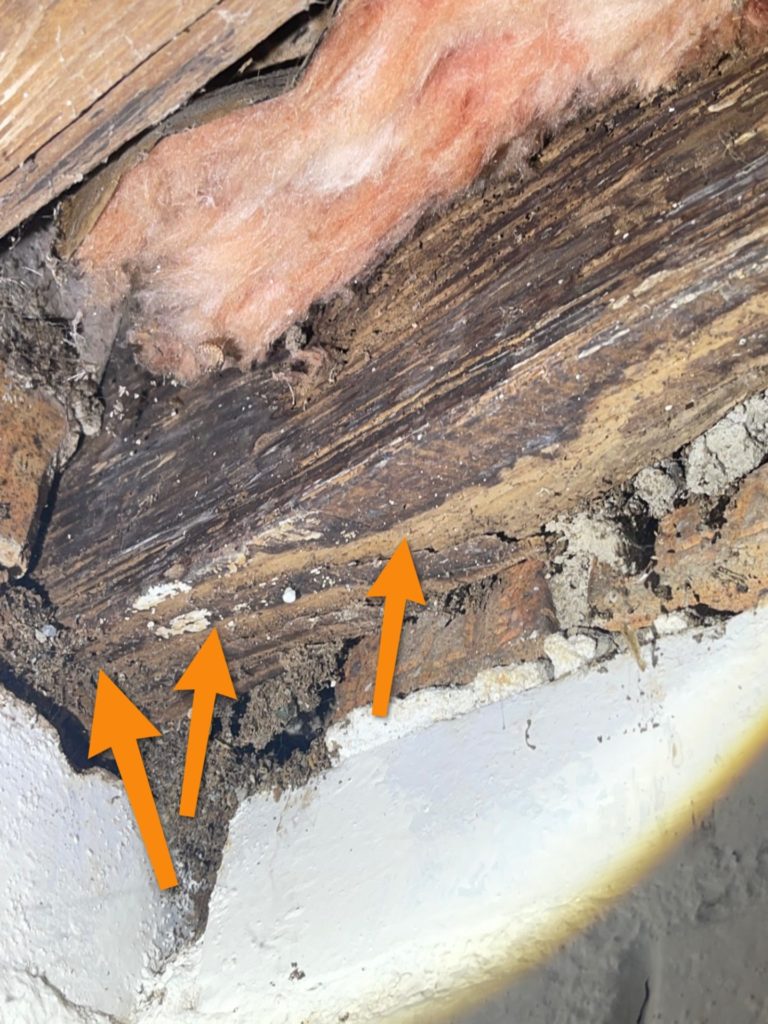Our Services
We offer a wide-rage of inspection services for Residential
Whole Home Inspection
This is our standard inspection offering and is the minimum inspection we recommend for a home purchase.
A whole home inspection is a systematic, general, objective, visual non-evasive examination of the physical structure and systems of a home. A home inspection is like getting a “Physical” from a family doctor. If problems or symptoms are found, the inspector may recommend further evaluation by a qualified contractor.
The inspection includes the following major systems:
- Exterior – roof covering, siding & trim, gutters & downspouts, porches, steps, walkways, driveways, grading/drainage
- Interior – windows, doors, flooring, lighting, walls, ceilings
- Kitchen – built-in appliances, cabinets, flooring, lighting, ventilation
- Electrical – service supply, overall condition
- Plumbing – piping, fixtures, water heater, drains, location of main valve
- Basement – foundation walls, water seepage, cracks, ventilation, insulation
- Heating & Air Conditioning – system components, operation, maintenance
- Structural – interior & exterior walls, roof framing, attic, settlement issues
Safety related issues
Pre-Listing Home Inspection
A pre-listing home inspection is an inspection for home sellers prior to putting their house on the market. Eventually a buyer is going to conduct an inspection, and this allows a seller to know what is going to be found by getting there first. This inspection allows the seller to see the home through the eyes of a trained, neutral third party. It alerts the seller to immediate safety and functional issues before agents and potential buyers tour the home. It may alert also alert the seller to items of immediate concern, such as radon gas or active termite infestations. Issues can be taken care of ahead of time so that defects won’t become a negotiating stumbling block and cause delays in the selling process.
This pre-listing home inspection can help a seller price the home realistically and may relieve prospects’ concerns and suspicions. This may also encourage the buyer to waive his inspection contingency and help reduce the sellers liability by adding professional supporting documentation to the disclosure statement.
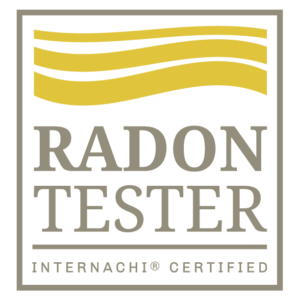
Radon Testing
Our inspectors are PA DEP Certified Radon Testing Individuals and are trained to conduct proper radon testing on behalf of the seller. Radon is a natural occurring radioactive soil gas that is tasteless, colorless, and odorless. It may be harmful to humans. It is known to cause lung cancer. The only way to discover it is through radon testing. This is quite simple. Using continuous electronic radon monitoring devices in a 48- hour testing period, we can determine the radon level within the home.
We will provide the client with a written (emailed) Radon Monitor Test report identifying the results of the short-term test. If it is determined that the radon level is unsafe, mitigation is recommended by a PA DEP Certified Mitigation Company.
Well Water Testing
Basic Well Water Testing
Safe drinking water is important to a homeowner’s health and wellbeing. Does the home you are buying have a private well? If so, you need to consider water testing. Some lending institutions may even require water testing. Our company can help determine if you have bacteria in your well water. We collect water samples and follow specific laboratory collection instructions. The sample is then delivered to the lab for analysis. The water is tested for the presence of E. coli and coliform. If these forms of bacteria are present this may indicate the existence of animal/human sewage in your water source. After testing, the lab notifies me of the results usually within 3 days. An electronic report is provided to you upon our receiving the lab results.
Premium Well Water Testing
This test evaluates for the presence of lead, iron, nitrites, nitrates, E.coli, coliform bacteria in the water. Testing for these substances in your well water can help assure safer drinking water. Sometimes lenders require this type of testing for loan approval. This includes FHA mortgages. This test takes longer to receive the results and are generally available within 10 days. An electronic report is provided to you upon our receiving the lab results. The DEP and EPA recommend that well water be tested annually for your safety.
Pest Infestation Inspections
One area that is often ignored when buying a home is pest infestation, which later can be a costly mistake. Wood destroying insects can be found in any home. They can include carpenter ants, powder post beetles, horntails, or the most dangerous, termites.
Termites are found in all 50 states in the United States and in many states, termite inspections are required by law. Here are 4 reasons why a home buyer should get a termite inspection: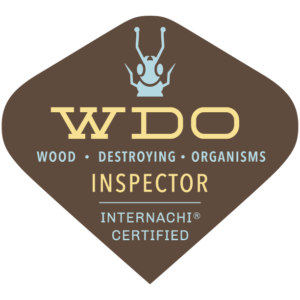
- They eat the wood from the inside and they are small and spend most of their time out of sight so they aren’t easily detected by the naked eye.
- Buying a home is an investment and buyers should have the peace of mind that their investment, quite literally, isn’t being eaten away.
- Pest inspections are a great way to reveal hidden secrets about a house. The hope of any inspection is to not to find a problem with the house, but, if there is one, the buyer will want to discover it before he or she buys the home. The results of this inspection, in some cases, may be used as a negotiating tool for the buyer.
- Termites do not go away easily. They survive on cellulose fibers for food and moisture. These create a perfect breeding ground for them. Without the proper chemical and pest removal treatment, termites will stay and continue to cause more damage to the home.
Septic System Testing (Septic Dye Test)
The septic dye test is a non-invasive test that is used to determine the condition of the parts of the home’s waste system. The test can help expose leaks and defects in the system and indicate the need for repairs or modifications. The test is conducted by presenting the fluorescent dye into the septic system. No excavation is required and generally limited to what can be viewed above the ground surface. This is to determine that the septic system can handle the volume of waste that is currently being put through the system. This test can be done by Barclay Home and Building Inspections.
The septic dye test is sometimes REQUIRED as part of the septic certification by the lending institution before the purchase of the home.
Aerial Drone Inspections
Sometimes physical access to inspect certain items or areas are not accessible in a safe manner. For example: steep or high roofs. Some types of roofing material should not be walked on due to possible damage. This would be just one of the many uses for our drone.
We also use the drone to inspect chimneys, Chimney crown, chimney caps, skylights, dormers, flashing, ventilation, high windows, gutters, siding, soffit, and anything else that cannot be viewed safely from a ladder or window.” (Please keep in mind, we can only fly when weather conditions permit.)
Barclay Home and Building Inspections is qualified to perform these inspections with a drone. Only FAA certified pilots may lawfully operate drones for these types of inspections. Drone inspections will be used when safety issues are a concern per the inspector’s judgment.
If required, the Aerial Drone inspection is included with the whole home inspection.

Beyond the Report
We provide full inspection reports quickly, often within 24 hours, but our support doesn’t stop there. We’re available by phone, email or text to answer any questions you may have about your inspection results and to provide with you with additional guidance on the results.
